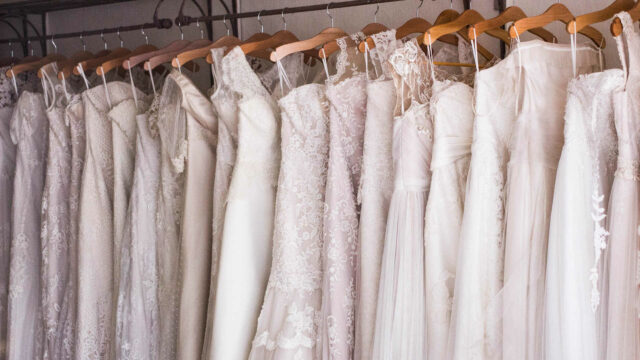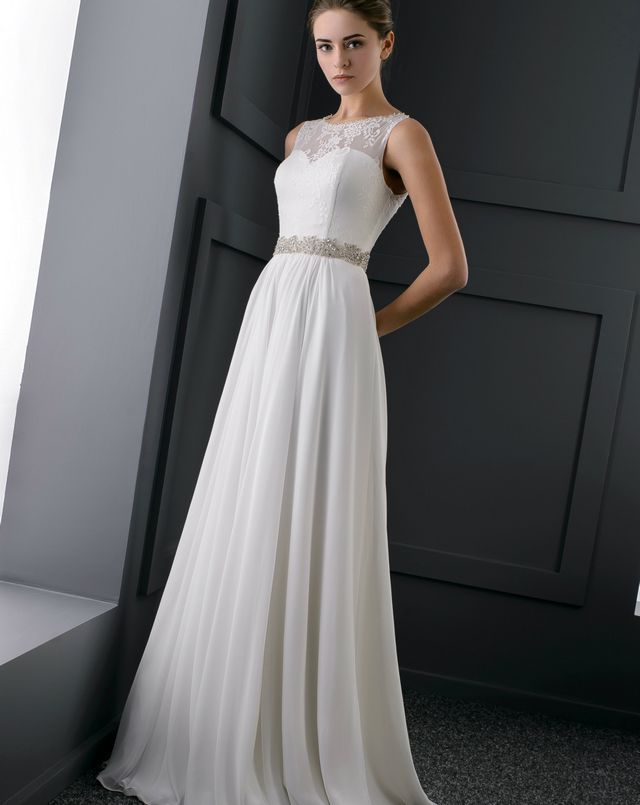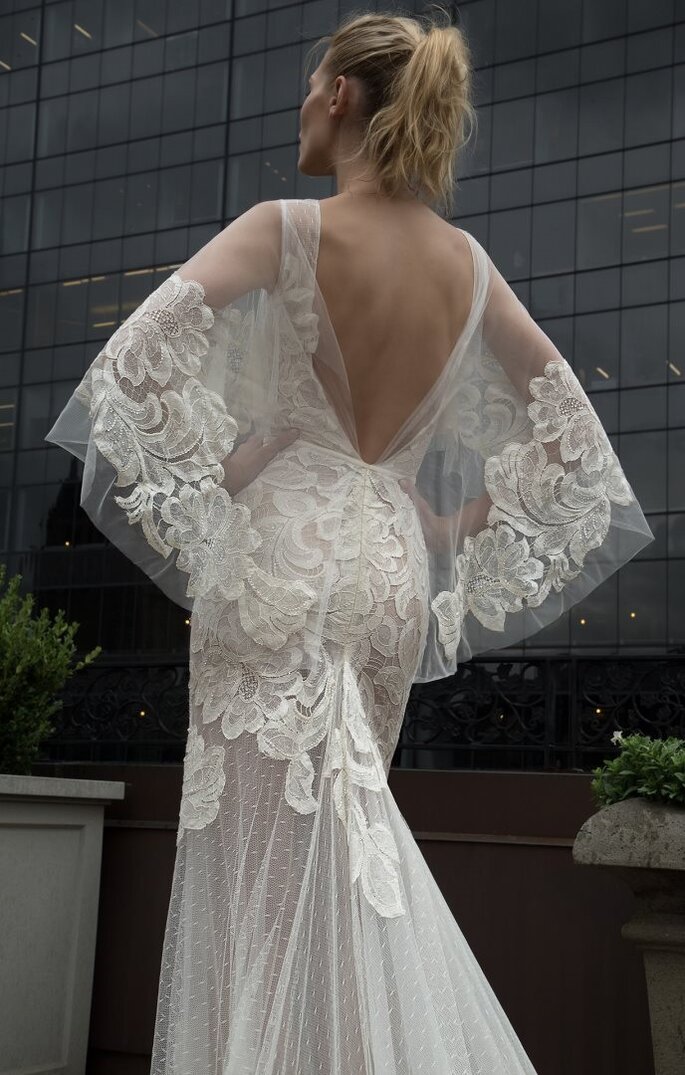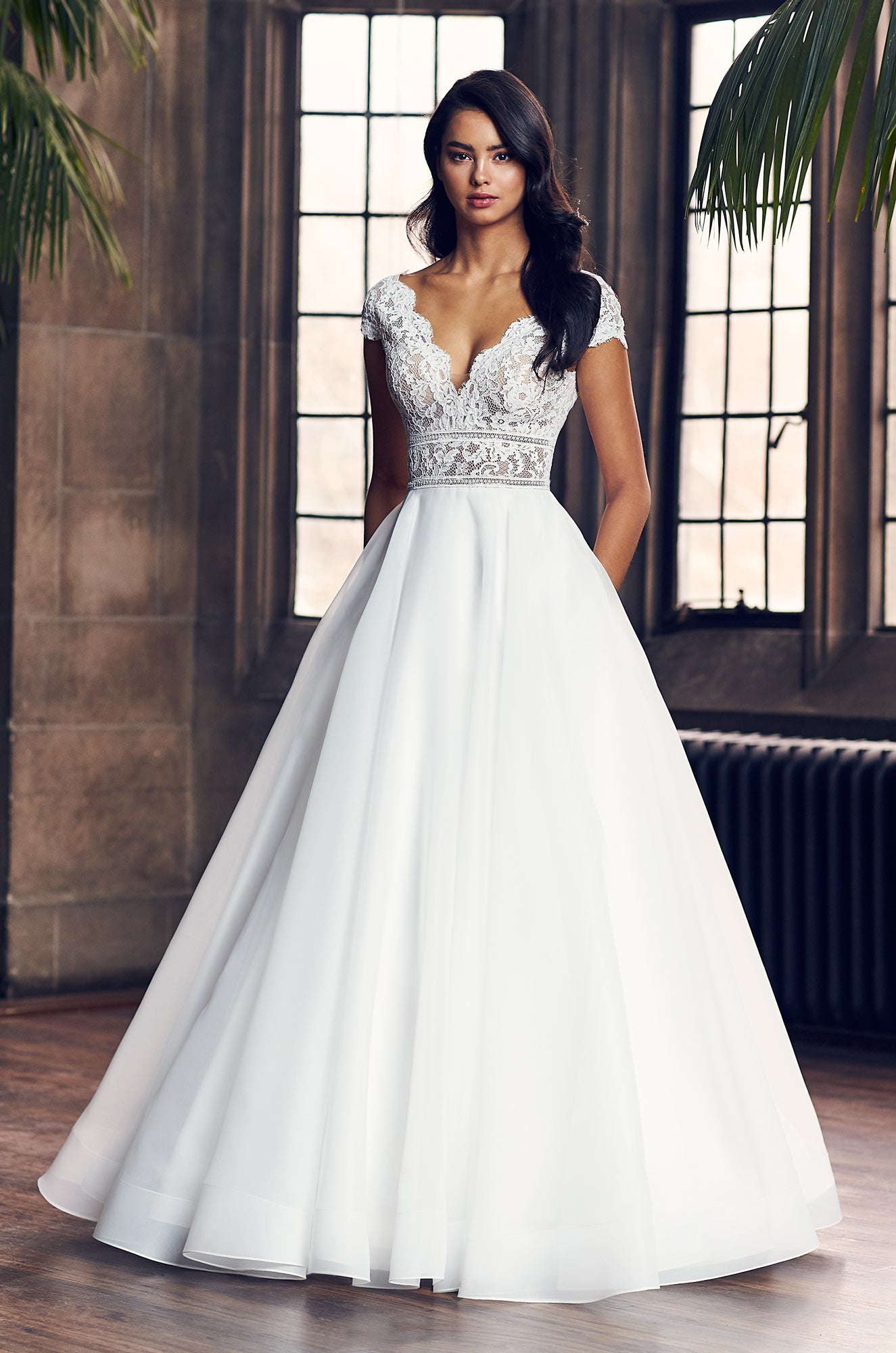Who pays for wedding reception
Table of Contents
Table of Contents
As the wedding day approaches, one of the most significant questions that arise is who pays for the wedding dress. It is an aspect of the wedding that can create tension and misunderstanding between soon-to-be-married couples and their families.
Pain Points of Who Pays for the Wedding Dress
Wedding dresses are expensive, and not everyone can afford to buy one. This reality can create divides between the couple and their families, as everyone has different opinions and budgets. Parents may have different ideas of what style and designer they envisioned for their daughter, while the groom’s parents may be unwilling or unable to contribute financially, leading to potential conflict or even resentment between family members.
Who Pays for the Wedding Dress?
The traditional view has been that the Bride’s family pays for the wedding, including the wedding dress. However, as times have evolved, so have societal norms about wedding costs. In modern times, the couple themselves tend to pay for their own wedding, including the bride’s dress. Bridesmaids may also pitch in to purchase their dresses, but ultimately, the responsibility falls on the bride and groom.
Summary of Main Points Related to Who Pays for the Wedding Dress
At its core, who pays for the wedding dress can be a contentious issue. The traditional expectation is that the bride’s family pays for the dress, but in reality, it is often the bride and groom that must foot the bill themselves. This can lead to tension and conflict between families and couples, but ultimately, the responsibility lies with the couple to finance their own special day.
Personal Experience with Who Pays for the Wedding Dress
When it came time for my wedding, I initially assumed that my parents would pay for my dress, as is tradition. However, due to various financial constraints within my family, it became clear that my fiancé and I would need to pay for the wedding ourselves, including my dress. Although it was a financial burden, it also allowed us to have more control over our wedding day and allowed us to make decisions based on what we could afford.
Ultimately, I came to the conclusion that it didn’t matter who paid for the dress as long as we were happy and content with our choices.
Wedding Dress Costs and Expectations
Wedding dresses can cost anywhere from a few hundred to a few thousand dollars, depending on the designer, style, and fabric. It’s essential for couples to decide on a budget and stick to it, taking into account all the other expenses associated with the wedding day, such as the venue, catering, and photography. It’s vital to communicate with family members about expectations and budgets, so that there are no surprises when it comes to financial contributions.
Wedding Dress Alternatives
Wedding dresses are a beautiful tradition, but they are not essential. Many brides are choosing to wear pant suits, jumpsuits, or even dresses that they already own for their special day. This allows for more financial flexibility and can even add a unique and personalized touch to the wedding day.
Question and Answer About Who Pays for the Wedding Dress
Q: What if the bride’s family insists on paying for the dress?
A: If the bride’s family insists on paying for the dress, it is essential to have an open and honest conversation about expectations and potential conflicts. If both parties are on the same page and are comfortable with the plan, then there should be no issues.
Q: What if I cannot afford my dream dress?
A: It’s important to remember that the wedding dress is just one aspect of the wedding day. There are plenty of alternative options available, such as renting a dress, buying second-hand, or even opting for a non-traditional outfit. It’s essential to stay within your budget and not put yourself in financial strain for one day.
Q: Who pays for the groom’s wedding attire?
A: Traditionally, the groom and his family paid for his wedding attire. However, as with the wedding dress, many couples choose to pay for everything themselves or pitch in with their families.
Q: What if my wedding party cannot afford their dresses?
A: Communication is key when it comes to all aspects of the wedding day. If your bridesmaids cannot afford their dresses, consider offering an alternative option, such as renting or buying second-hand. It’s essential to have open and honest conversations and make sure everyone is on the same page.
Conclusion of Who Pays for the Wedding Dress
Ultimately, who pays for the wedding dress is a personal choice that varies depending on the couple and their financial situation. It’s important to communicate openly and honestly with family members and come to a decision that everyone is comfortable with. Regardless of who pays, it’s essential to remember that the wedding dress is just one aspect of the special day, and the sentiment and love shared between the couple and their loved ones is what truly matters.
Gallery
Pin On Bridesmaids

Photo Credit by: bing.com /
A Guide To Who Traditionally Pays For The Wedding | WeddingDresses

Photo Credit by: bing.com / wedding who pays family traditionally dress bride weddingdresses parents guide boutonniere connection photography
Who Pays For A Same-Sex Wedding? | Martha Stewart Weddings

Photo Credit by: bing.com / wedding pays same sex who
Who Pays For Wedding Reception

Photo Credit by: bing.com /
WHO PAYS FOR THE BRIDE’S WEDDING DRESS - SOLVED!

Photo Credit by: bing.com /





